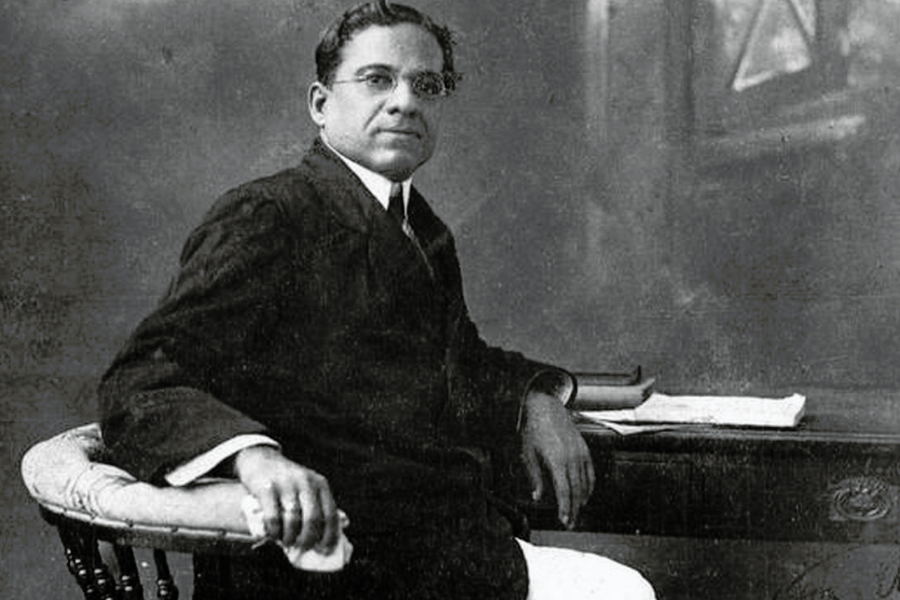
Dadasaheb Phalke brought the magic of cinema to India with "Raja Harishchandra", the country's first full-length feature film. This landmark movie established the flourishing Indian film industry. The Film India App is the first app of its kind that provides on-the-go information about the Indian film industry. The app also has the Marathi film industry app where one can find different news on Marathi movies and the industry. In this article you will see how Dadasaheb Phalke laid the foundation of the Indian film industry.
Dhundiraj Govind Phalke was a director in a class of his own. In an audience largely unfamiliar with Western techniques, Phalke brought together Western and Indian influences through his masterful use of the camera. Phalke was born in the town of Trimbak, in present-day Nashik district, Maharashtra.
He graduated from the J.J. School of Art in Mumbai, where he took fine arts courses in sculpture, painting and photography. For a brief period of his life, Phalke was a painter before becoming a photographer. In 1912, he moved to Mumbai and started working at a printing press company. He had a creative bent of mind and soon joined the team that illustrated books for the blind.
Phalke believed that the film industry could benefit immensely from the ongoing Swadeshi movement. He knew that he was truly making history by making 95 films, including mythologicals like Mohini Bhasmasur (1913), Satyavan Savitri (1914), and Shri Krishna Janma (1918).
Over the course of his film-making career, Phalke found partners in several businesses. While he initially worked with the company Hindustan Cinema Films Company, he left to start his own business selling movie equipment. The company made a lot of money, but it didn’t have the creative freedom that Phalke loved. He retired at 40 and settled in Kashi (now Varanasi).
The last years of Dadasaheb's life were spent in the city of Nasik. He died on 16th February 1944. The Government of India declared him as a National Treasure in 1969 to honour his contribution to Indian cinema and created the Dadasaheb Phalke Award, given to individuals for lifetime achievement in cinema.
Check out the Marathi film industry app on the filmIndia app to know more about movies and the inside out of the indian film industry.